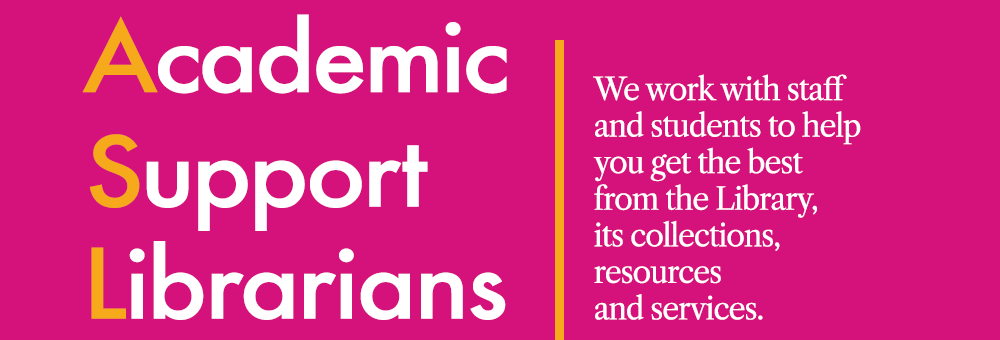 In February we celebrate LGBT+ History Month 2025 in the UK and this year the theme is ‘Activism and Social Change’. Throughout history and across the globe LGBT+ activists have fueled social change, advancing society for the benefit of all.
In February we celebrate LGBT+ History Month 2025 in the UK and this year the theme is ‘Activism and Social Change’. Throughout history and across the globe LGBT+ activists have fueled social change, advancing society for the benefit of all.
To help you discover more we’ve pulled together just a small selection of Library resources that will allow you to start to find out more about activism and social change in LGBT+ history, herstory, theirstory.
1) Books (we are a library after all!)
2) Digital archives and primary sources
3) LGBT collections at Lothian Health Services Archive
4) Dissertation & Thesis Festival Discovery Day : Exploring LGBTQ+ History
Books (we are a library after all!)
The International Gay and Lesbian Human Rights Commission (IGLHRC) was founded in 1990 as the first NGO devoted to advancing LGBT human rights worldwide. Transnational LGBT Activism : Working for Sexual Rights Worldwide asks how is that mission translated into practice? And what do transnational LGBT human rights advocates do on a day-to-day basis and for whom? Arguing that the idea of LGBT human rights is not predetermined but instead is defined by international activists who establish what and who qualifies for protection. Continue reading

